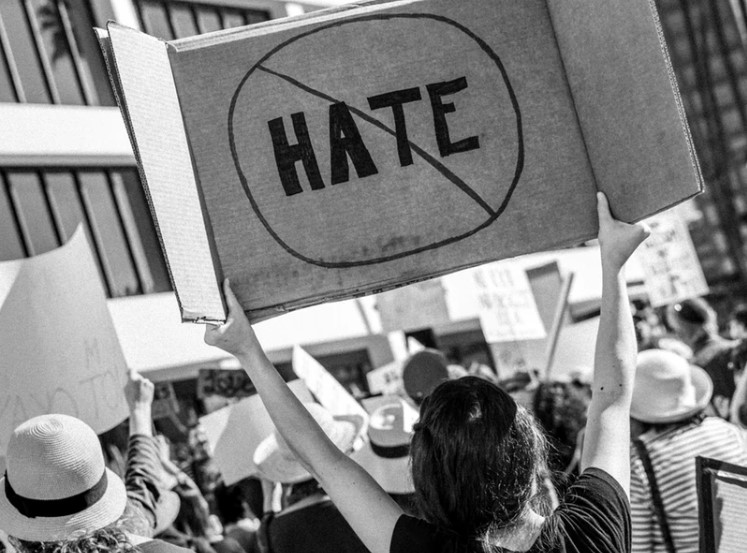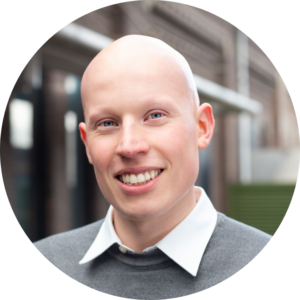You probably know someone who has a deep envy for someone? That there is no compassion at all anymore. How come you can hate someone so much? More about feelings of hate in this blog.
Hatred is a stable and intense feeling of dislike towards a person or group of people. It’s more of a long-term feeling than for example anger. Hatred arises in the absence of compassion. Not being able to put yourself into the shoes of someone else can lead to misunderstanding. When we feel we’re being belittled, we’re feeling inferior or jealous, feelings of hatred can arise.
Evolution
There has been said that not everyone is capable of hate, because hatred only arises under certain circumstances. You can see this in part of the evolution. Ages ago, chimpanzees and bonobos lived on opposite sides of a river. On one side there was plenty of food, but on the other side there was a shortage. You can probably guess, but there was a constant battle of territories on the side of shortage. On the side of abundance there was a peaceful harmony. The smaller the chance of survival, the more hate there is.
Tribalism
The us-against-them principle is still visible in politics, religion, but also sports. In our childhood we learn certain norms and values. Our surroundings help us create a certain view of the world. Including prejudices about other groups of people. Negative experiences can wrongfully confirm your view, which can cause a huge contradiction. When you feel others can’t understand you, but at the same time you are not able to understand them, hatred can arise.
If you feel another group of people is trying to harm your own group, this can lead to a kind of primal instinct arising to protect your own people. This protective response can thereafter lead to resistance of the other group. And so a circle of hatred arises.
Confirmation
When we believe in something, we usually (un)consciously search for confirmation. This is also called the confirmation bias. You want to find similarities in others that hold the same beliefs. You’re looking for stories that match your beliefs. Facts that support your beliefs also stay more present in your memory. Things that collide with your frame of reference seem to appear a bit off. You prefer to avoid them, which causes a distorted image of the world. You won’t explore other beliefs very quickly. It might feel a little as self-denial if you would suddenly have to change your deep-rooted norms and values!
Social media reinforces feelings of hate
Unfortunately, this confirmation bias is also one of the factors that makes hate possible. It can even lead to extremism. Especially since social media has become such an important part of daily life. The algorithms of social media have the main goal to show you things that match your likings. This causes your beliefs to become stronger each time and there’s a decreasing amount of space for the beliefs of others. And if you actually see one of those beliefs, there’s a huge chance it will be seen as criticism on your own belief. Which causes more hate to be stirred up. This extreme form of continuous confirmation is an unfortunate reason why things like racism, nazism and wars still exist.











